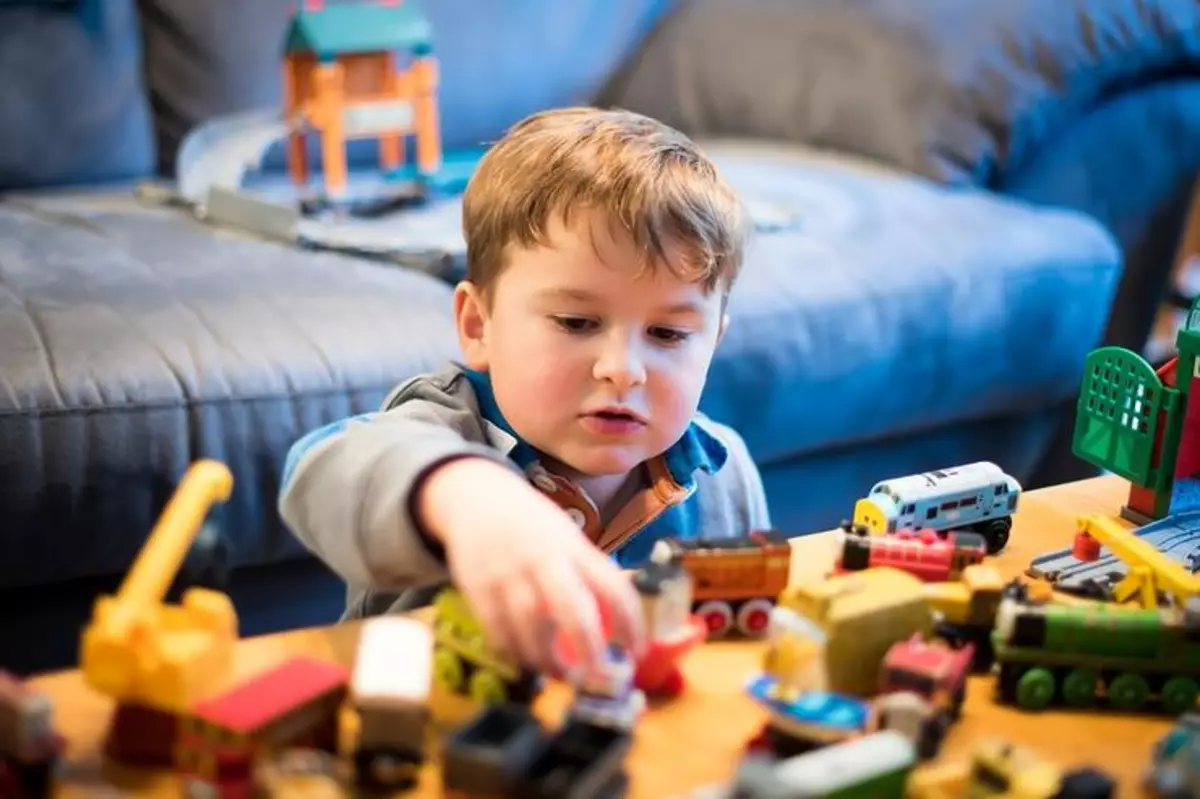Studies of the last decades show that the child has a huge potential that needs to be developed. Moreover, a number of research suggests that some of the highest mental functions and the ability of the child need to develop precisely at a certain period of time when the substrate (actually, the central nervous system) is most susceptible. And for each ability, this period is yours.
More and more parents are suitable for the upbringing of the child, its development and consciousness is consciously, and this can not but rejoice. But, as it often happens, even here there are extremes in which it is better not to fall, and common mistakes that are better not to perform:
1. It is necessary to remember that, along with the possibilities, The child has restrictions . And these restrictions are associated with the immaturity of his psyche, as well as some departments of the brain responsible for various functions. And loading it overly, placing an increased load on the child that does not apply to its development, it is possible to harm how much it is good. Why? I will give a visual example. From the world around the world, a lot of signals from all our sensory systems come to the human brain. We see something interesting, we hear some sounds, we feel tingling your finger. But at the same time, we are now, for example, at work, and an adult can force the will to force themselves to focus on the fact that he is important at the moment. For example, on reading letters and processing information contained in them. For this, the area of the brain - Talamus, which in an adult is matured. The child has this area, like many organs, is only in the process of maturation and is still immature, imperfect, therefore, in particular, it cannot effectively separate information flows on those that need to be skipped (flying flies around the textbook), from those where you need to focus and keep your attention for a long time.

Increased brain loads can lead to neurosis
Photo: pixabay.com/ru.
In other words, an adult may require a child of any skills of self-discipline, full obedience, self-control, performing the most accurate mathematical calculations, but the child simply does not yet have tools that allow him to do it. They are still not ripe. In addition, elevated brain loads can also be redundant precisely by the immaturity of tools and huge cognitive costs. It is no secret that in the process of mental energy, energy is consumed much more than with physical. Therefore, demanding from a child of successful completion of complex tasks, placing high loads with which it cannot actually cope, we can form a high feeling of anxiety and the emergence of neurosis. As a result, we will not grow a genius, and we give neurons for life.
2. The second huge mistake is Scroll of loads . It often happens when the parent, reading articles on the development of a child, about the closing "windows of opportunities", begins to urgently catch up the missed and introduces elevated loads unexpectedly and sharply. It is not easy to engage in an additional mathematics, but be sure to 100 exercises for one approach. Such actions can be completely killed in the child the desire to develop, learn and, again, besides fatigue and mutual dissatisfaction, it will not give anything. Often the parent, "by giving the heat" to the child, in a week, the other throws this occupation, and everything returns to the starting point. It must be remembered that the loads must be thought out in advance, systematic and still pleasant to the child. That is, the learning process must, firstly, do not exhaust the child, and secondly, to be fascinating. Because it is through the involvement of a child that you can hope that a person will grow out of it, inclined to continuous development and perceiving the process of knowledge of interesting and natural.

Classes must pass the child
Photo: pixabay.com/ru.
3. The most common mistake is when Parents are trying to realize their failed dreams on children . As already described above, such a violent imposition of its expectations does not contribute to the healthy mental development of a child nor the improvement in the parental relationship. Already not to mention the ethical side of the issue when the child becomes older and understands that the authority and demands of the parents have supplanted their own desires, or that he has no worse, the desires of these. Here, the strongest depressive states may develop, due to the fact that the person finally realizes that he did not do anything that he wanted, and lived not his life, but was a "puppet" in other people's hands. Find your way and understand what he wants himself, it happens for him, then it is quite problematic for him, and all this can lead to the formation of the strongest negative consequences for his mental health. Therefore, it is extremely important to parents their unrealized dreams or implement themselves, or, if there is no such possibility, to subliminate them into some other aspirations, but not to use the life of a small and defenseless child for this.
